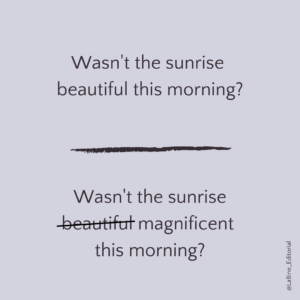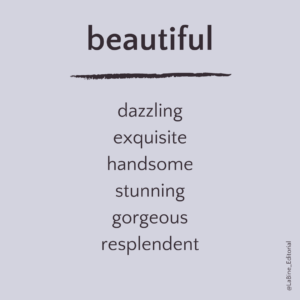 January 18th is National Thesaurus Day. Hooray for the thesaurus! Personally, I’ve always found the thesaurus to be more entertaining than the dictionary. Finding just the right word to show express what I’m thinking is always a fun pleasurable challenge. It can be a game.
January 18th is National Thesaurus Day. Hooray for the thesaurus! Personally, I’ve always found the thesaurus to be more entertaining than the dictionary. Finding just the right word to show express what I’m thinking is always a fun pleasurable challenge. It can be a game.
It is a game! Have you played Taboo? In the game, you aim to get your teammates to say a specific word by giving them one-word clues that are synonyms. Easy, right? Well, there’s a catch: you have a short list of synonyms that you’re not allowed to use as clues. And, of course, they’re the ones that would make the best clues!
What would we do without the thesaurus and its lists upon lists of synonyms? Our writing would be plain, uninspiring, and lacking variety repetitive. We each have “our words”—words we use too often frequently. I tend to use too many intensifiers: very, really, and incredibly, for example. Why is this a bad thing undesirable?
Intensifiers are often employed when a writer is attempting to enhance a weak word.
Standing at the edge of the Grand Canyon, I suddenly felt small.
Small is not an exciting word. We see it a hundred times a day, and therefore, it doesn’t bring forth any big emotion when we read it in the above sentence. So, we add an intensifier:
Standing at the edge of the Grand Canyon, I suddenly felt very small.
That helps a bit, but the best way to fix this problem would be to change the word small to a more powerful word.
Standing at the edge of the Grand Canyon, I suddenly felt minuscule.
Better, right?
If my Taboo explanation confused you, watch this video. Go try it! You can easily create your own version.
Happy synonym hunting!
